The Value of Recycling Jewelry: A Guide to Finding Reputable Services
Related Articles: The Value of Recycling Jewelry: A Guide to Finding Reputable Services
Introduction
With great pleasure, we will explore the intriguing topic related to The Value of Recycling Jewelry: A Guide to Finding Reputable Services. Let’s weave interesting information and offer fresh perspectives to the readers.
Table of Content
The Value of Recycling Jewelry: A Guide to Finding Reputable Services

The jewelry industry, while glamorous, also carries a significant environmental footprint. Mining for precious metals and gemstones extracts resources from the earth, often with detrimental impacts on ecosystems and communities. Furthermore, the production of jewelry involves various chemicals and processes that can contribute to pollution.
Fortunately, a growing movement towards sustainable practices is emerging, and jewelry recycling plays a vital role in this effort. By giving pre-loved jewelry a new lease on life, we can reduce the demand for newly mined materials and minimize the environmental impact of the industry.
This comprehensive guide explores the multifaceted world of jewelry recycling, providing insights into its importance, benefits, and the process of finding reputable services near you.
Understanding the Importance of Jewelry Recycling
Recycling jewelry offers a multitude of advantages, contributing to a more responsible and sustainable approach to the industry:
- Environmental Conservation: Recycling reduces the demand for new mining operations, preserving natural resources and minimizing the ecological damage associated with extraction.
- Resource Optimization: Reusing existing materials conserves precious metals and gemstones, promoting a circular economy and reducing reliance on finite resources.
- Pollution Reduction: Jewelry recycling minimizes the production of waste and emissions associated with new jewelry manufacturing, contributing to a cleaner environment.
- Ethical Considerations: Supporting jewelry recycling aligns with ethical values by promoting sustainable practices and minimizing the exploitation of natural resources.
- Economic Benefits: Recycling creates new opportunities for businesses and individuals involved in the process, fostering economic growth and job creation.
Navigating the Jewelry Recycling Landscape
The process of finding reputable jewelry recycling services near you requires careful consideration. Here are some key factors to evaluate:
- Transparency and Trustworthiness: Look for companies that openly disclose their practices, including their ethical sourcing policies, recycling processes, and metal refining methods.
- Fair Valuation: Ensure the service offers fair and transparent pricing for your jewelry, considering its intrinsic value, metal content, and market conditions.
- Reputable Certifications: Consider services that adhere to industry standards and certifications, such as Responsible Jewellery Council (RJC) certification, indicating ethical and sustainable practices.
- Customer Reviews and Testimonials: Seek out online reviews and testimonials from previous customers to gain insights into the service provider’s reliability, professionalism, and customer satisfaction.
- Environmental Impact: Prioritize services that prioritize sustainability and environmental responsibility, including their commitment to responsible metal refining and waste management.
The Jewelry Recycling Process: A Step-by-Step Guide
The process of recycling jewelry typically involves the following steps:
- Assessment and Valuation: The service provider will assess your jewelry, identifying its metal content, gemstones, and overall condition to determine its value.
- Sorting and Separation: The jewelry is carefully sorted and separated based on its material composition, ensuring accurate processing and refining.
- Metal Refining: Precious metals are refined to remove impurities and prepare them for reuse in new jewelry or other applications.
- Gemstone Handling: Gemstones are assessed for their quality and suitability for reuse or repurposing.
- Creation of New Jewelry: The refined metals and repurposed gemstones can be used to create new jewelry pieces, giving them a fresh start.
Jewelry Recycling Services: Exploring Your Options
The availability of jewelry recycling services varies depending on your location. Here are some common options to explore:
- Local Jewelers: Many jewelers offer recycling services as part of their business, providing convenience and local expertise.
- Jewelry Recycling Companies: Specialized companies dedicated to jewelry recycling operate nationwide, offering a wider range of services and expertise.
- Online Platforms: Several online platforms connect individuals with reputable jewelry recyclers, allowing for convenient and transparent transactions.
- Charity Shops and Non-profit Organizations: Some charitable organizations accept jewelry donations, providing a meaningful way to recycle and support a worthy cause.
FAQs on Jewelry Recycling
Q: What types of jewelry can be recycled?
A: Most precious metal jewelry, including gold, silver, platinum, and palladium, can be recycled. Gemstones, such as diamonds, sapphires, and rubies, can also be repurposed.
Q: What happens to the recycled metals and gemstones?
A: Recycled metals are refined and used to create new jewelry, industrial components, or other products. Repurposed gemstones may be incorporated into new jewelry pieces or sold to jewelers for resale.
Q: Is it safe to recycle my jewelry?
A: Reputable recycling services follow strict security measures and ethical practices to ensure the safety and security of your jewelry throughout the process.
Q: How can I find a reputable jewelry recycling service near me?
A: Research online reviews, seek recommendations from trusted sources, and contact local jewelers or recycling companies to inquire about their services.
Q: What should I do with old jewelry I don’t want to recycle?
A: Consider donating it to charity, repurposing it into a new design, or storing it safely for future use.
Tips for Jewelry Recycling
- Research thoroughly: Before choosing a service, research their reputation, environmental practices, and customer reviews.
- Gather all relevant information: Provide details about your jewelry, including its metal content, gemstones, and condition.
- Ask for a written quote: Obtain a written quote outlining the estimated value of your jewelry and the recycling process.
- Consider insurance: For high-value jewelry, inquire about insurance options to protect your investment.
- Stay informed: Keep track of market fluctuations in precious metal prices to understand the value of your jewelry.
Conclusion
Recycling jewelry is an environmentally responsible and ethical choice that supports a more sustainable future for the industry. By choosing reputable recycling services and understanding the process, individuals can contribute to a circular economy and reduce the environmental impact of jewelry production. As awareness of sustainability grows, jewelry recycling is poised to become an integral part of responsible consumerism, fostering a more sustainable and ethical approach to the world of precious adornments.

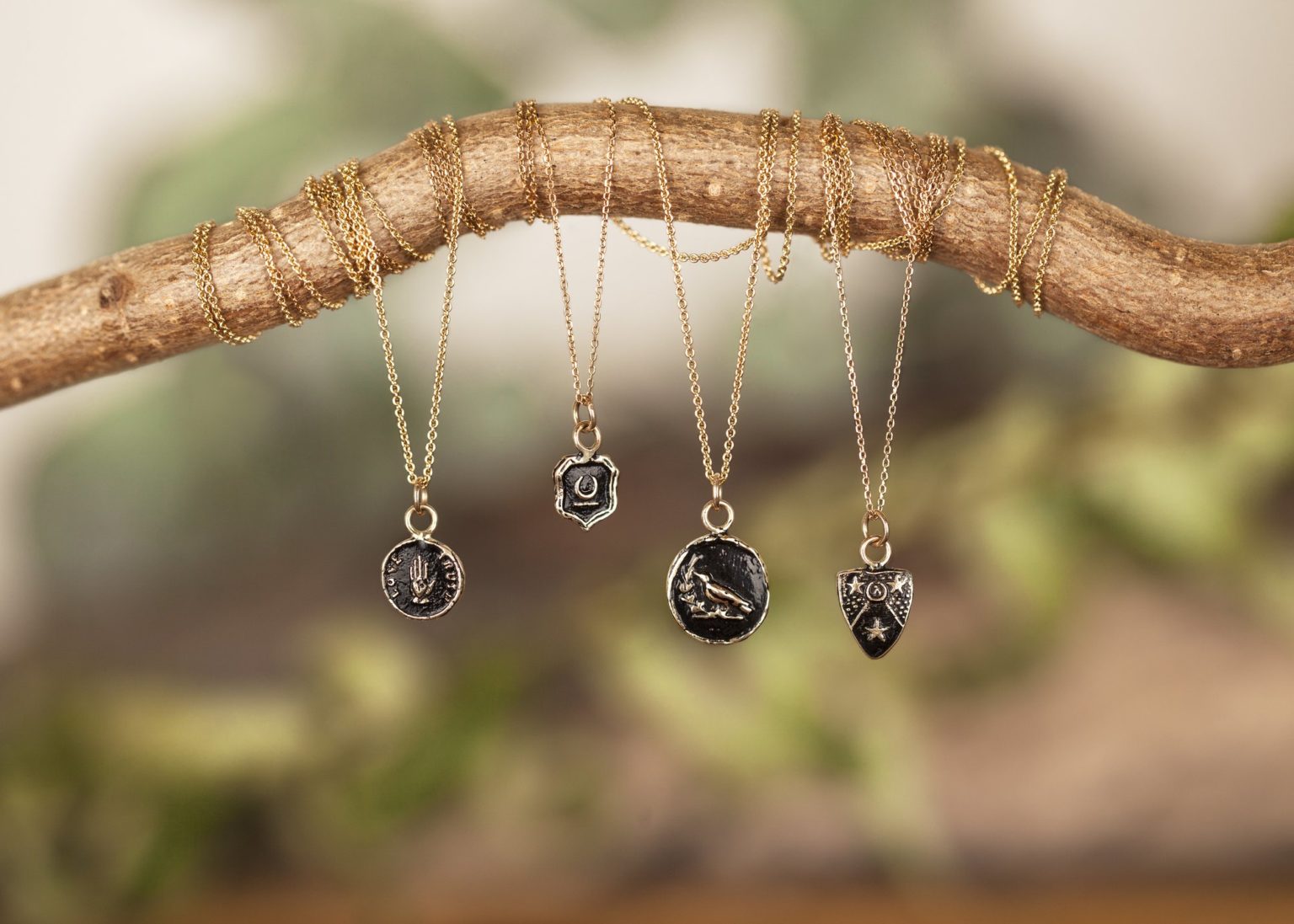
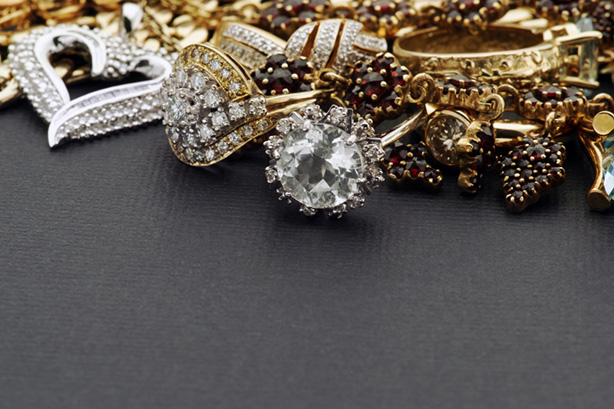
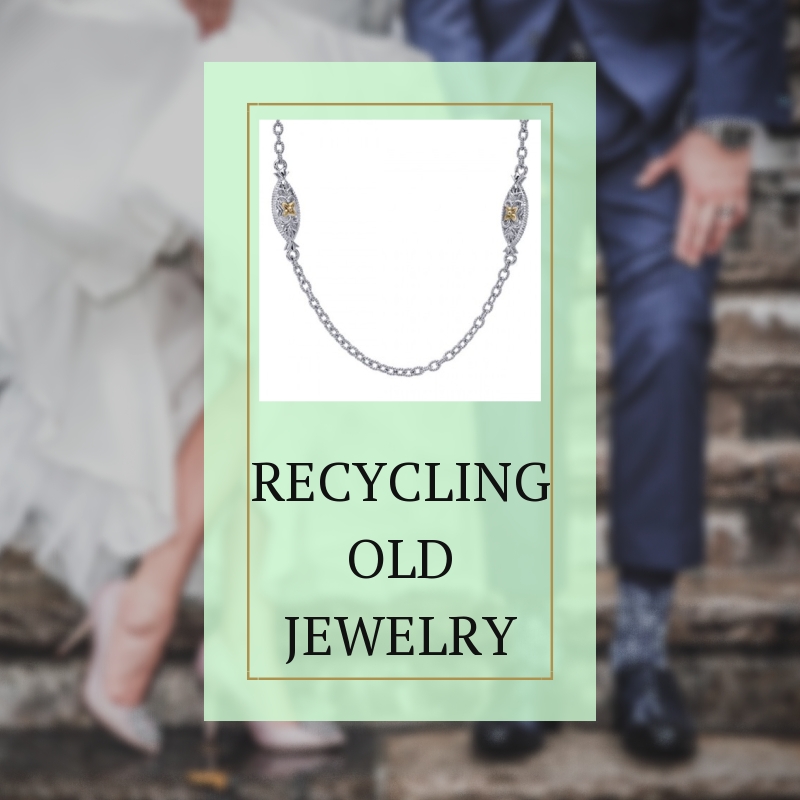
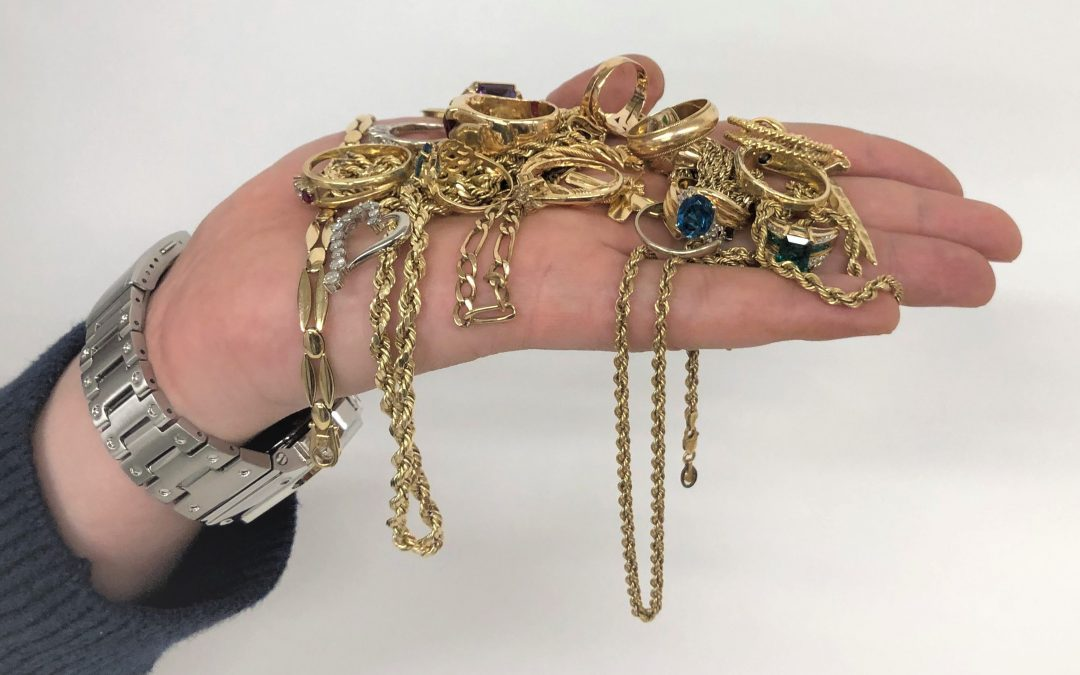
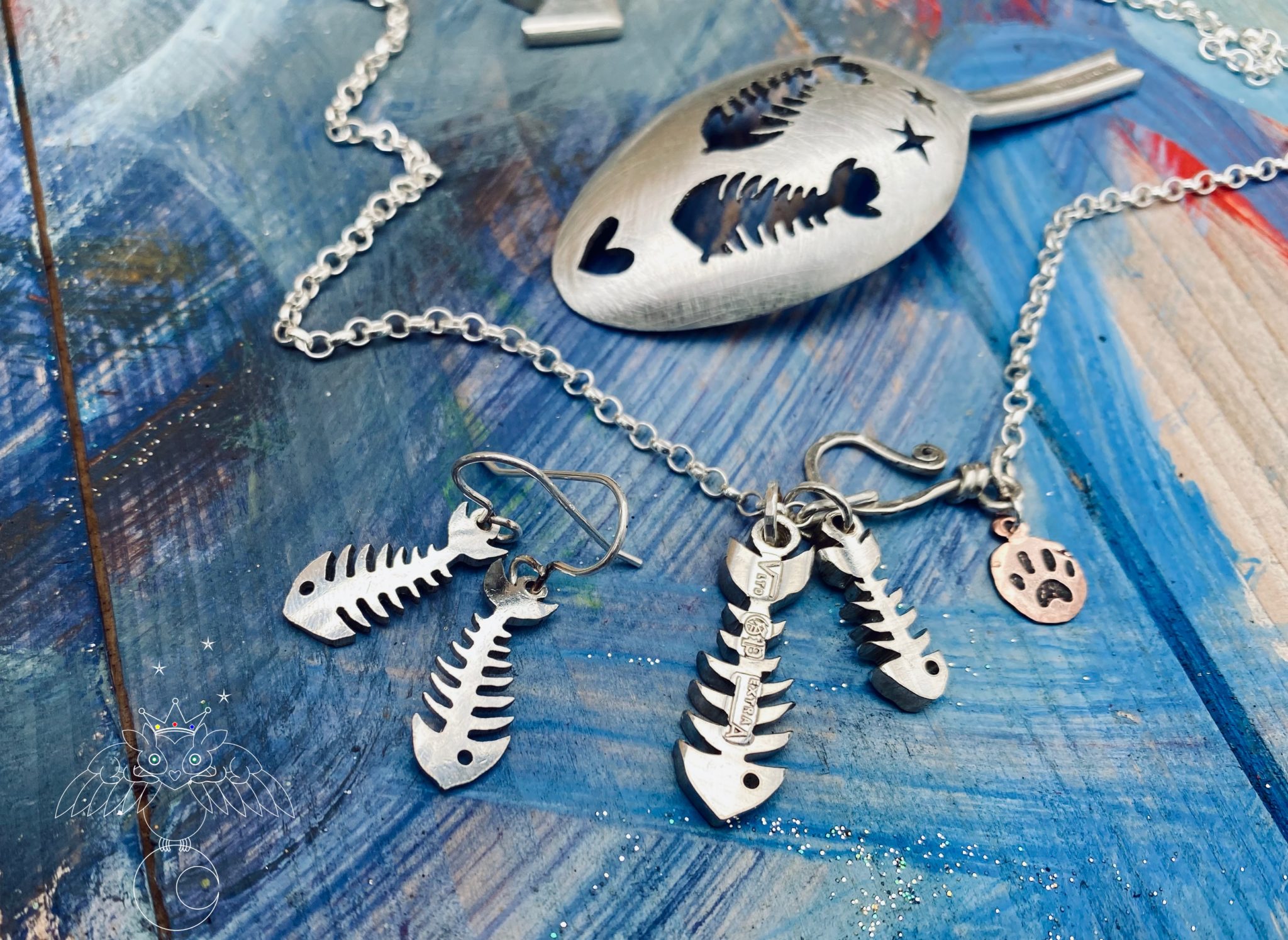


Closure
Thus, we hope this article has provided valuable insights into The Value of Recycling Jewelry: A Guide to Finding Reputable Services. We thank you for taking the time to read this article. See you in our next article!